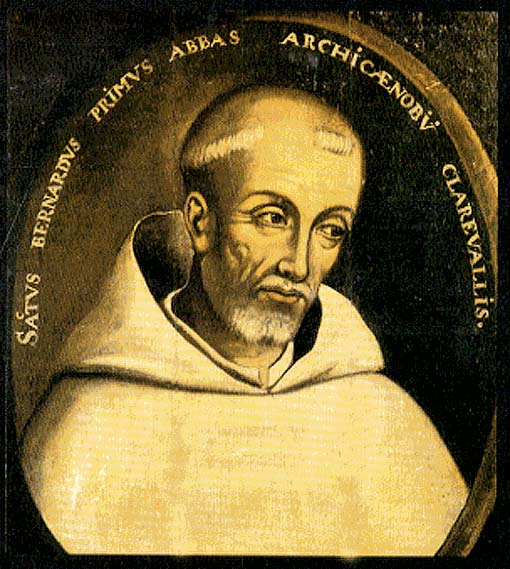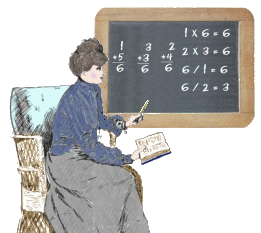 "The whole world would not be enough to serve so great a guest"
"The whole world would not be enough to serve so great a guest"My favorite image of St. Martha, whose feast day was last Friday. You can see her stomping on the dragon anywhere (more on that dragon in a minute), but here she is as she appears in Holy Scripture, preparing dinner for Jesus. And what a dinner!
St. Martha caught the Christian imagination as the chooser of the lesser vocation. In a society where many were called to be set apart for constant prayer and a life of poverty, she became a symbol of those who must go out into the world, acknowledging that their sisters (or brothers) may have chosen the "better part," and yet pursue holiness in the vocations God has called them to. Thus the medieval Martha became a wealthy noblewoman, a warrior, and a world traveler.
The Catholic worldview has always been comfortable with understanding vocations as greater and lesser, yet without finding choice of the lesser to be in any way blameworthy. After all, Christ didn't rebuke Martha for failing to choose the better part with her sister, but for trying to call Mary away from her own vocation.
Thus, following St. Paul, the consecrated life of sacrificial poverty, celibacy, and obedience is acknowledged to be greater than the married state; the cloistered contemplative life (often associated with Martha's sister Mary) better than the active; poverty better than wealth (eyes of needles, and yet St. Joseph of Arimathea); laying down the sword better than taking it up. And yet the Church acknowledges that God may call one to find sainthood in the lesser way of service. The legends that sprang up around St. Martha made her an exemplar of those who serve God and their fellow man in a way less perfect, yet still in a way of heroic perfection.
Somebody, after all, has to create the jobs, fund the charities, slay the dragons, and clean all those fish.
------------------------------------------------------------------------------------
From that medieval classic
The Golden Legend, by Jacob de Voragine:
Martha, who was Christ's hostess, was of royal lineage. Her father was named Syrus, and her mother, Eucharea. Her father was governor of Syria and many maritime lands. by inheritance through her mother she possessed three towns, namely Magdalum, and the two Bethanys, as well as parts of Jerusalem. This noble hostess waited on the Lord and wanted her sister to do likewise, because, as she saw it, the whole world would not be enough to serve so great a guest.
After the Lord's ascension, when the dispersion of the disciples occurred, Martha, with her brother Lazarus, her sister Mary Magdalene, blessed Maximinus, who had baptized the sisters and to whom the Holy Spirit had entrusted them, and many others, were put on rafts by the infidels without oars, sails, rudders, or food; but with the Lord as Pilot they made port at Marseilles. Then they went to the region around Aix and converted the local populace to the faith. Martha spoke eloquently and was gracious to all.
At that time, in the forest along the Rhone between Arles and Avignon, there was a dragon that was half animal and half fish, larger than an ox, longer than a horse, with teeth as sharp as horns and a pair of bucklers on either side of his body. This beast lurked in the river, killing all those who tried to sail by and sinking their vessels. The dragon had come from Galatia in Asia, begotten of Leviathan, an extremely ferocious water-serpent, and Onachus, an animal bred in the region of Galatia, which shoots its dung like darts at pursuers within the space of an acre: whatever this touches is burned up as by fire. The people asked Martha for help, and she went after the dragon. She found him in the forest in the act of devouring a man, sprinkled him with blessed water, and had a cross held up in front of him. The brute was subdued at once and stood still like a sheep while Martha tied him up with her girdle, and the people killed him then and there with stones and lances.
 What else is achieved by meditating on such great and so undeserved mercy, such gratuitous and so proved a love, such unexpected condescension, undaunted mildness, and astonishing kindness? ... Then the bride surely runs more eagerly in the odor of [these qualities'] perfumes. She loves ardently, yet even when she finds herself completely in love, she thinks she loves too little because she is loved so much. Nor is she wrong. What can requite so deep a love by so great a lover? It is as if a tiny grain of dust were to gather all its strength to render an equal love to the Divine Majesty who anticipates its affection and is seen entirely bent on saving it.
What else is achieved by meditating on such great and so undeserved mercy, such gratuitous and so proved a love, such unexpected condescension, undaunted mildness, and astonishing kindness? ... Then the bride surely runs more eagerly in the odor of [these qualities'] perfumes. She loves ardently, yet even when she finds herself completely in love, she thinks she loves too little because she is loved so much. Nor is she wrong. What can requite so deep a love by so great a lover? It is as if a tiny grain of dust were to gather all its strength to render an equal love to the Divine Majesty who anticipates its affection and is seen entirely bent on saving it.








